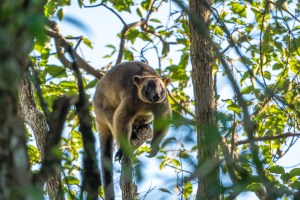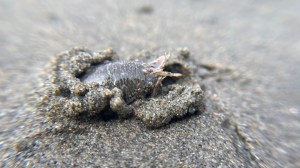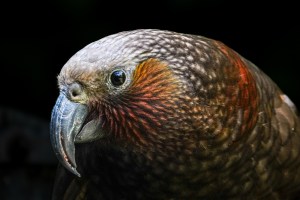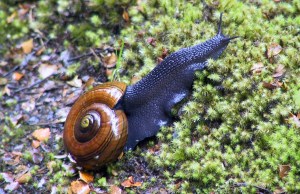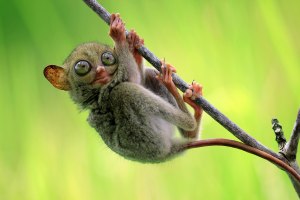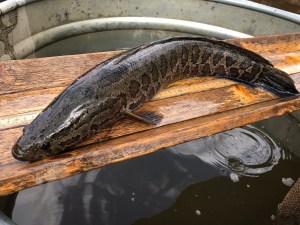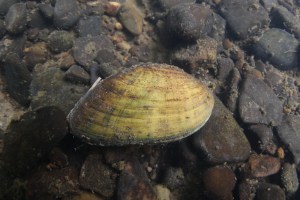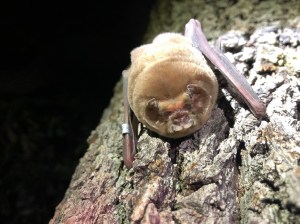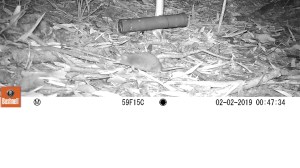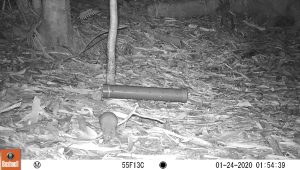Discover stories in Weird Wildlife
Meet the Kangaroos That Live in Trees
Tree-kangaroos are one of the world’s most bizarre and fascinating mammals.
The Overlooked Biodiversity of Appalachian Caves
The cave habitats of Tennessee and Kentucky have species that most will never see. Here are some of the unusual creatures found there.
Meet the Mole Crab, a Common and Surprising Beach Creature
Get up close with a fascinating crustacean you can find (and catch) on your next trip to the beach.
Meet Four Amazing Endemic Parrots from New Zealand
New Zealand is home to a small handful of endemic parrots, including the nocturnal, flightless kākāpō to the mischievous alpine kea.
These Carnivorous Snails Slurp Earthworms Like Spaghetti
Meet the powelliphanta snail, a weird and wonderful New Zealand endemic that slurps earthworms like pasta.
From Slow Loris to Gibbon: Meet 8 of Borneo’s Coolest Primates
You've heard of orangutans, but what about the grizzled langur, or a slow loris? Here are 8 amazing primates benefitting from conservation efforts in Borneo.
The Science of Snakehead Slime
How do invasive snakeheads move on land? The answer may lie with another of the snakehead’s infamous features: its slime.
Freshwater Mussels: The Livers of the River
A snorkeling outing on a creek brings the author up close with often overlooked and unappreciated freshwater mussels.
Meet the Channel-billed Cuckoo, the World’s Largest Brood Parasite
Summer in eastern Australia means one thing: the arrival of the channel-billed cuckoos, the world’s largest brood parasite and one very cool bird.
Goblin Shark & Ghost-faced Bat: Cool Critters with Creepy Names
People have a penchant for slapping Halloween-style names on creatures that are more cool than creepy.
Caught on Camera: the Long-Nosed Chilean Shrew Opossum
Camera traps in the Valdivian Coastal Reserve document an increase in sites where one of Chile's least-known marsupials is known to live.
Meet the Mysterious Long-Nosed Chilean Shrew Opossum
Spoiler alert: it's not a shrew. It's a relict marsupial, and has lived in the forests of Chile's Valdivian Coast for millennia.
